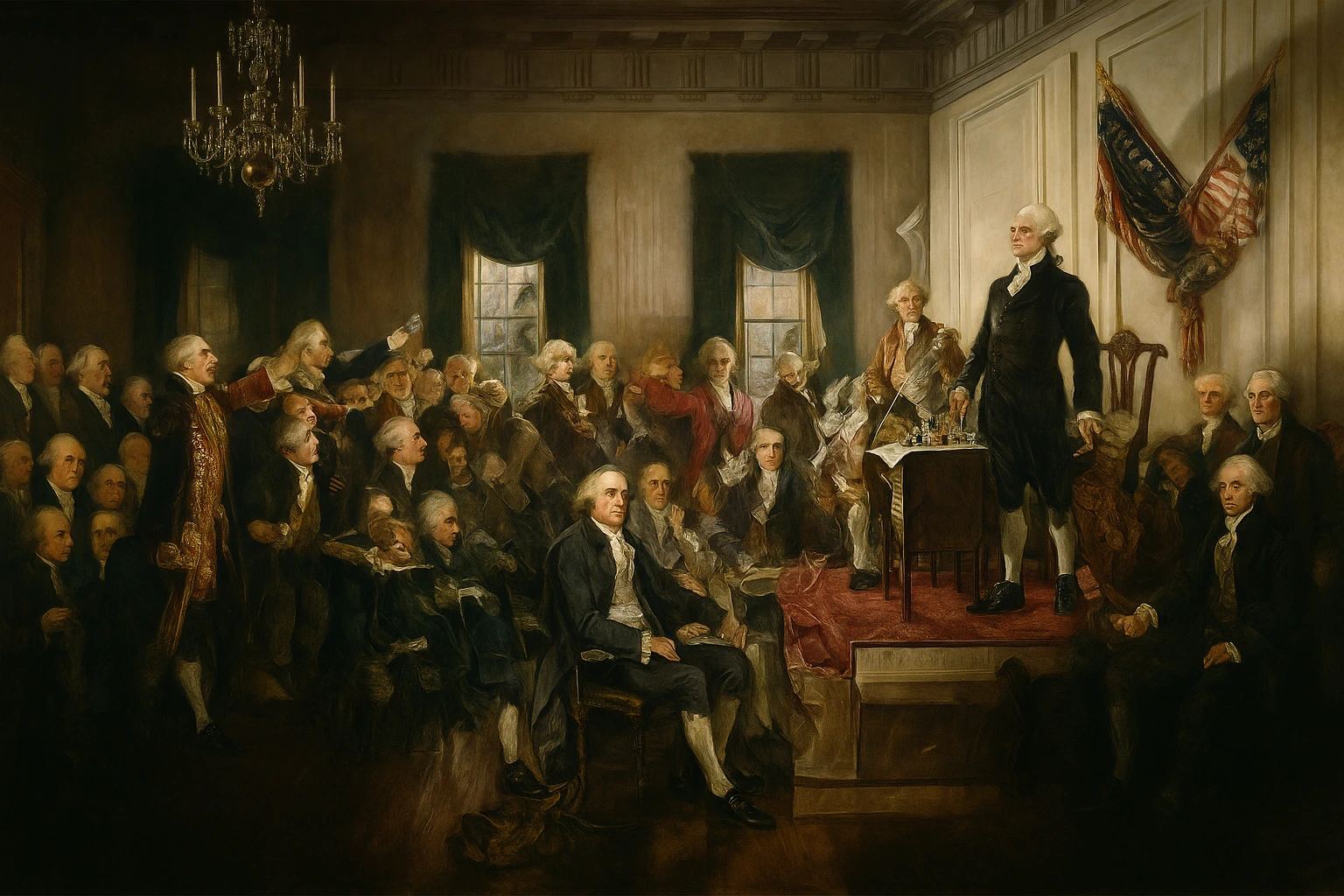Proposed by Jeff Jarvis, author of “What Would Google Do?”
Jeff Jarvis, author of What Would Google Do? wrote the below rights we should have for the Internet (source):
I. We have the right to connect.
This is a preamble and precondition to the American First Amendment: before we can speak, we must be able to connect. Hillary Clinton defines the freedom to connect as “the idea that governments should not prevent people from connecting to the internet, to websites, or to each other.” It is this principle that also informs discussion of net neutrality.
II. We have the right to speak.
No one may abridge our freedom of speech. We acknowledge the limitations on freedom of speech but they must be defined as narrowly as possible, lest we find ourselves operating under the lowest common denominator of offense. Freedom is our default.
III. We have the right to speak in our languages.
The English language’s domination of the internet has faded as more languages and alphabets have joined the net, which is to be celebrated. But Ethan Zuckerman also cautions that in our polyglot internet, we will want to build bridges across languages. We will want to speak in our own languages but also speak with others’.
IV. We have the right to assemble.
In the American Bill of Rights, the right to assemble is listed separately from the right to speak. The internet enables us to organize without organizations and collaborate and that now threatens repressive regimes as much as speech.
V. We have the right to act.
These first articles are a thread: We connect to speak and speak to assemble and assemble to act and that is how we can and will change the world, not just putting forth grievances but creating the means to fix them. That is what threatens the institutions that would stop us.
VI. We have the right to control our data.
You should have access to data about you. And what’s yours is yours. We want the internet to operate on a principle of portability, so your information and creations cannot be held prisoner by a service or government and so you retain control. But keep in mind that when control is given to one, it is taken from another; in those details lurk devils. This principle thus speaks to copyright and its laws, which set the definitions and limits of control or creation. This principle also raises questions about whether the wisdom of the crowd belongs to the crowd.
VII. We have the right to our own identity.
This is not as simple as a name. Our identity online is made up of our names, addresses, speech, creations, actions, connections. Note also that in repressive regimes, maintaining anonymity — hiding one’s identity — is a necessity; thus anonymity, with all its faults and baggage and trolls, must also be protected online to protect the dissenter and the whistleblower. Note finally that these two articles — controlling our data and our identities — make up the right to privacy, which is really a matter of control.
VIII. What is public is a public good.
The internet is public; indeed, it is a public place (rather than a medium). In the rush to protect privacy, we must beware the dangers of restricting the definition of public. What’s public is owned by the public. Making the public private or secret serves the corrupt and tyrannical.
IX. The internet shall be built and operated openly.
The internet must continue to be built and operated to open standards. It must not be taken over or controlled by any company or government. It must not be taxed. It is the internet’s openness that gives it its freedom. It is this freedom that defines the internet.
Freedom
The internet’s value lies in its freedom from control by governments, corporations, or other institutions that seek to limit expression.
Openness
Open standards and protocols ensure the internet remains a platform for innovation, expression, and collaboration available to all.
Privacy
Control over personal data and identity is fundamental to protecting individual liberty in the digital age.
